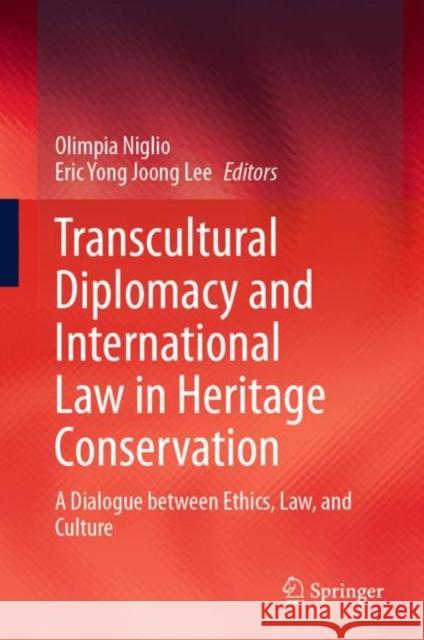Transcultural Diplomacy and International Law in Heritage Conservation: A Dialogue Between Ethics, Law, and Culture » książka
topmenu
Transcultural Diplomacy and International Law in Heritage Conservation: A Dialogue Between Ethics, Law, and Culture
ISBN-13: 9789811603082 / Angielski / Twarda / 2021 / 435 str.
Transcultural Diplomacy and International Law in Heritage Conservation: A Dialogue Between Ethics, Law, and Culture
ISBN-13: 9789811603082 / Angielski / Twarda / 2021 / 435 str.
cena 562,23
(netto: 535,46 VAT: 5%)
Najniższa cena z 30 dni: 539,74
(netto: 535,46 VAT: 5%)
Najniższa cena z 30 dni: 539,74
Termin realizacji zamówienia:
ok. 22 dni roboczych.
ok. 22 dni roboczych.
Darmowa dostawa!
Kategorie BISAC:
Wydawca:
Springer
Język:
Angielski
ISBN-13:
9789811603082
Rok wydania:
2021
Wydanie:
2021
Ilość stron:
435
Waga:
0.82 kg
Wymiary:
23.39 x 15.6 x 2.54
Oprawa:
Twarda
Wolumenów:
01
Dodatkowe informacje:
Wydanie ilustrowane











